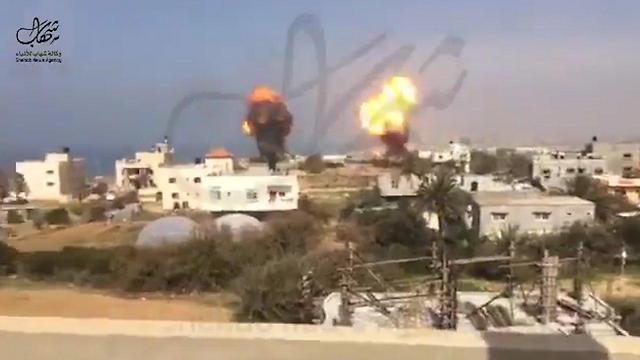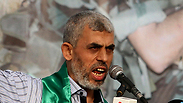Moreover, just this week it was reported that Hezbollah had built underground factories for the production of accurate weapons in order to evade the Israeli threat on the arms convoys from Syria to Lebanon. As it is unlikely that this process began yesterday, this industry should have allegedly become a military target for all intents and purposes months ago.

Presumably, one strikes in a place where one can wear out the enemy’s intensification process without leading to an overall conflict at an inconvenient time. We should not rule out the possibility that Israeli officials estimate that an attack deep within Lebanon in response to some violation of the status quo has a high likelihood of leading to war. It’s reasonable to assume that if and when Israel decides to attack Hezbollah targets in Lebanon, it will only do so when it is diplomatically ready for a conflict. Militarily, by the way, it is already ready.
Syria is weak and preoccupied. In the current era, every Israeli violation of Syrian sovereignty is just one of many blows that Syria is being hit by. In Gaza, on the other hand, things are much more complicated. There, Israel is walking on thin ice, in the unclear area between wearing out Hamas’ military strength and increasing its motivation to respond powerfully and risk an overall conflict.
On the one hand, Israel is pushing the conflict away by eroding Hamas’ abilities. On the other hand, Israel is bringing the conflict closer, because harming Hamas increases its motivation to respond. The wise people of the defense establishment are reviewing the math. On Wednesday evening, a rocket was launched at the Sdot Negev Regional Council, and once again Israel is being required to walk on the thin ice between a disproportional response and breaking the rules of the game.
Last week’s reports about amendments and additions to the Hamas Charter, which allegedly point to political moderation and to a possibility of including the organization in some kind of diplomatic-regional process, were premature. These changes, which have yet to be officially validated, are coming out of the camp which it working to elect Ismail Haniyeh as the new chairman of Hamas’ political bureau instead of Khaled Mashal, who wants Haniyeh as his successor so that he can continue running the political wing through him.
Yahya Sanwar, who was elected as Hamas’ leader in Gaza, is a bitter ideological rival and the opposite of Mashal. While Mashal’s key objective is taking over the PLO and the Palestinian leadership, Sanwar sees “Gaza first.” Sanwar—a former student of Abdullah Azzam, who went on to become al-Qaeda’s spiritual teacher—believes that the strategy set by Hamas’ political leadership in the Gulf states binds him as long as it matches his tactical needs.
Hamas has not responded to the recent Air Force strikes not because of political moderation or a desire to get involved, even temporarily, in a regional solution—but quite possibly because it has yet to complete its preparations for another military round of fighting. The relative calm, however, may be broken as soon as Israel attacks and Hamas feels that it can no longer take the humiliation, or if an Israeli strike leaves too many casualties.
Hamas did not respond to the Air Force strike in Gaza about two weeks ago, likely because Israel was busy beating itself up over the state comptroller’s report on the tunnels, which effortlessly provided ammunition for internal propaganda purposes. But that won’t last forever—unless Israel has already decided that it’s time to take revenge on the organization, even before the completion of the underground barrier around the strip.


















